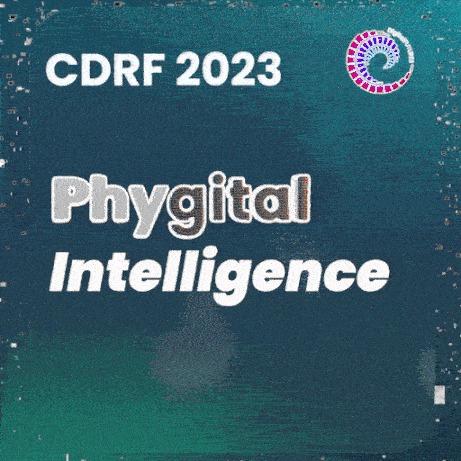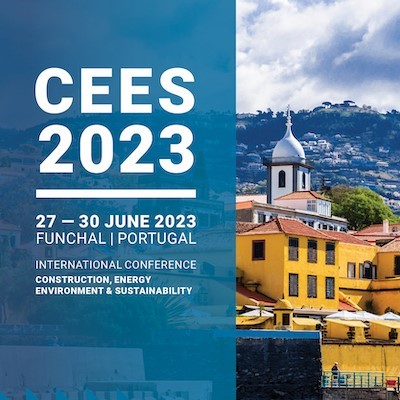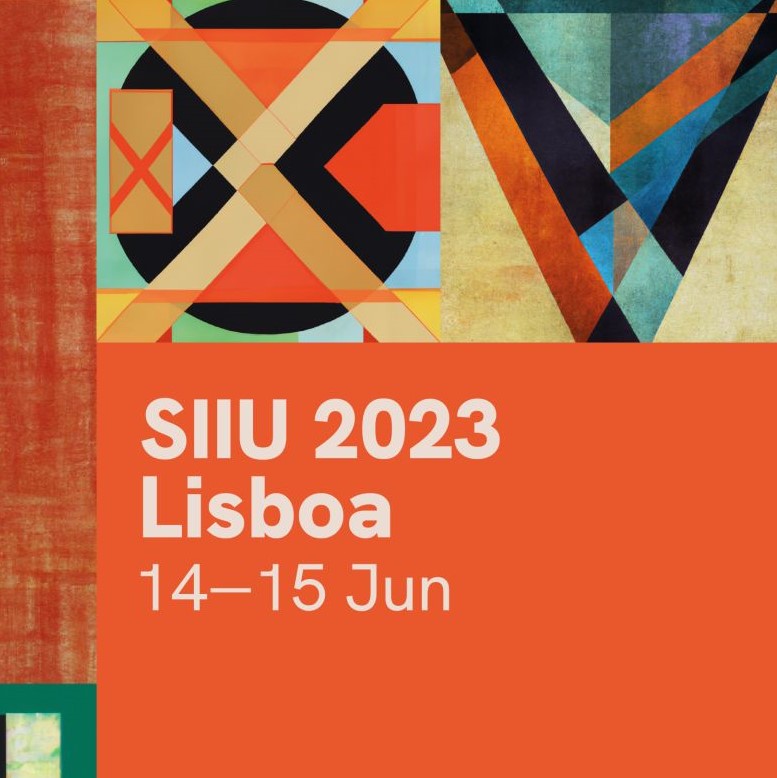
CDRF 2023

The 5th International Conference on Computational Design and Robotic Fabrication
CAUP Tongji University + Online
Architecture is currently facing a physical-digital era that requires a re-consideration and re-assembly of traditional concepts. From digital twins to meta-universes, a series of technological trends have projected the futures of architectural production and inhabitation in the planetary scale. From global warming, geopolitical wars to the pandemic, a series of social and ecological upheavals have also unveiled the urgency to re-define the relationship between globalization and locality.
To proposes new methodologies and new tools within the architectural ontology of the phygital future, we need to fundamentally rethink the boundary between the virtual and the real. What is the future of the relationship between physical space and virtual intelligent technologies? Will they coexist in parallel, or will they integrate and synergize together?
To meet the challenges of the current existential crisis, we also need to fundamentally rethink the relationship between architecture, nature, and human society in this phygital era. Is there a way in which the phygital nature of architectural production and inhabitation could provide a conceptually new model of sustainability as opposed to merely offering more engineering solutions?
As the theme of DigitalFUTURES 2023, Phygital Intelligence intends to promote a series of scholarly dialogues on these technological, social and ecological transformations in architecture. The key objective is to redefine the term “digital twin” and to investigate the role of phygital intelligence in architectural production in all the transcended territories of the virtual and the real, the individual and the collective, as well as the global and the local.
Topics:
Designs: Complex Networks, Multi-agent Systems, Parametric Morphology, AI-augmented generative designs.
Simulation: Computation and Visualization of Carbon Performance, Day Lighting and Building Acoustics, Human Behavior and Comfort, Urban/Building Microclimate.
Optimization: Digital Twin Workflow, Performance-based Form Finding, AI-augmented Design Optimization.
Construction: Architectural Robotics, Digital Customization, Automated Fabrication, and Human-Machine Collaboration.
Operation: City/Building Information modeling, Internet of Things in Built Environment, Blockchain and NFT Architecture.
Inhabitation: Metaverse, Interactive Environments, Dynamic Structure, Ubiquitous Computation and Smart Environment.






